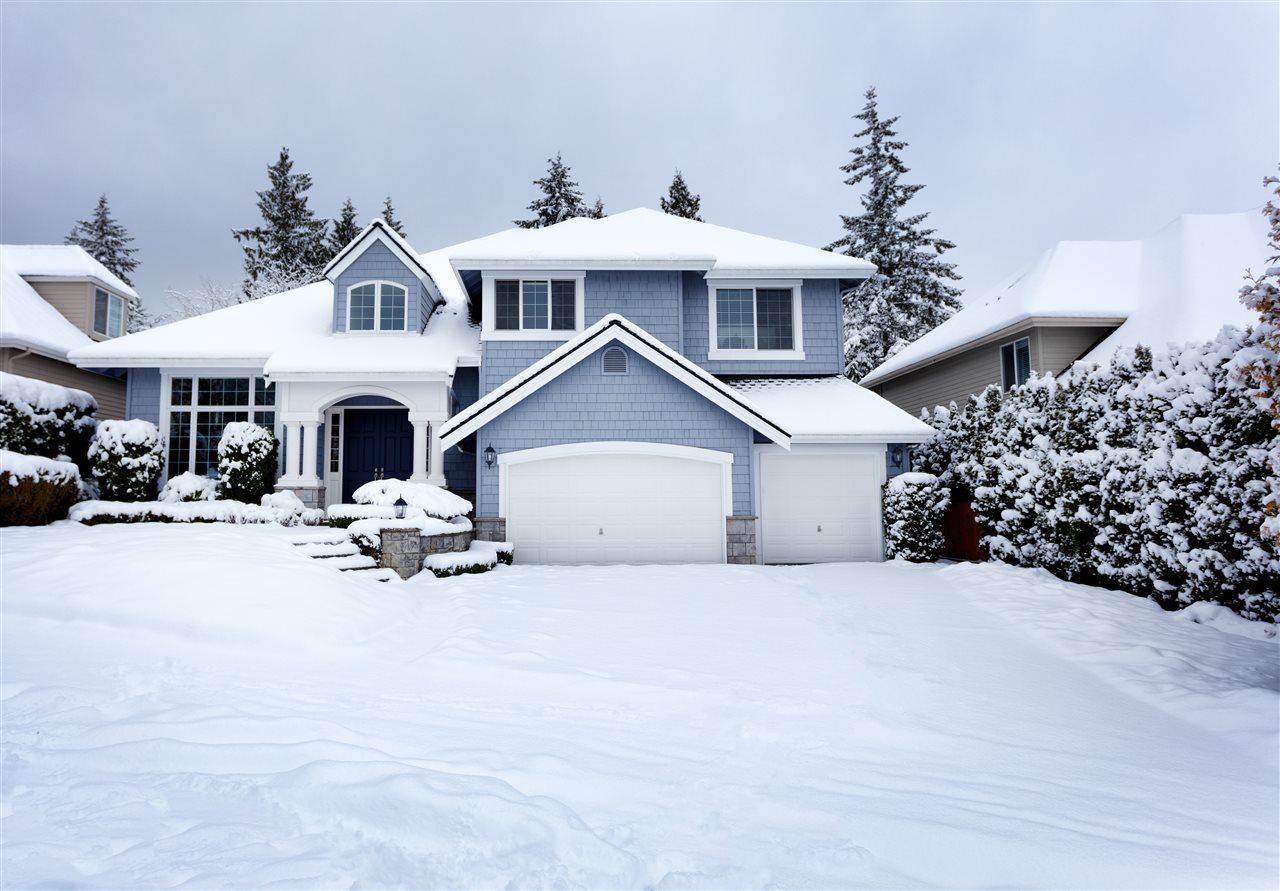(BPT) – As we begin a new year, we head into the heart of winter where there is an increased likelihood of severe weather that can cause damage to your home and property.
“When winter weather strikes, the main risks to your home can be water leaks, loss of heat and power outages,” said Sarah Dillingham, senior meteorologist at the Insurance Institute for Business & Home Safety. “Don’t let cold weather take you by surprise; simple actions today can prevent large problems down the line.”
To make sure your home is adequately protected from damage often caused by cold temperatures, heavy rain, wind, snow and ice, follow IBHS guidance to take the worry out of winter weather.
Keep water out
Your home’s roof is the first line of defense against severe weather. Start here, ensuring the roof, gutters and downspouts of your home are well maintained and clear of debris. This will allow water to freely run off the building and reduce the chance of leaking that can lead to costly interior water damage.
Homes in southern regions likely have pipes located near exterior walls. Insulating or wrapping plumbing, including outdoor plumbing like water spigots, reduces the chance of pipes freezing and bursting.
Keep warmth in
In 2021, Central Texas was hit with a damaging winter storm with long-duration extreme cold that left communities powerless for days. Indoor temperatures quickly dropped to dangerous levels. Proper insulation is key to keeping your home warm. Ahead of freezing temperatures, check attic insulation to ensure that it is still sufficient. You can also seal gaps and cracks that allow heat to escape by caulking around windows and adding weather-stripping around external doors.
Make sure to set the thermostat to at least 55 degrees Fahrenheit to ensure the interior of your home remains warm enough to keep pipes from freezing, even when you aren’t at home. And on particularly cold days, or if you experience a power outage, open cabinet doors to allow heat to reach pipes that are next to exterior walls and let faucets drip to help prevent freezing.
To be prepared in case of an emergency, make sure that all adults in the household know where and how to shut off the water to your home in the event a pipe bursts. This can help limit water damage in your home.
Keep track
Create an inventory by taking photos and videos of the items in your home, including furniture, electronics and personal items. Store your home inventory in the cloud so you can access it from anywhere. This will make filing an insurance claim easier if you do experience damage due to a winter-related event.
“One bad weather day can result in significant damage to your home that can take months to repair,” added Dillingham. “We can’t stop the harsh winter weather, but we can prepare and strengthen our homes to defend against it.”
For more science-backed actions to protect your home from winter weather, check out the full Winter Ready guide from IBHS, along with easy-to-follow downloadable checklists.

